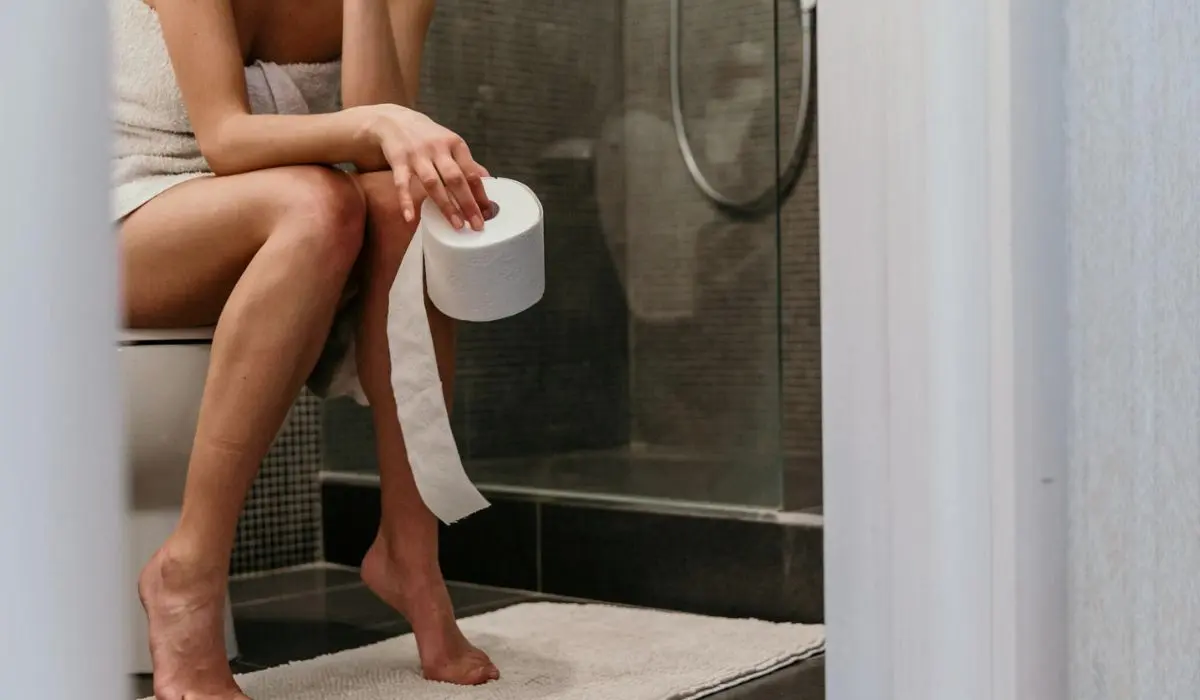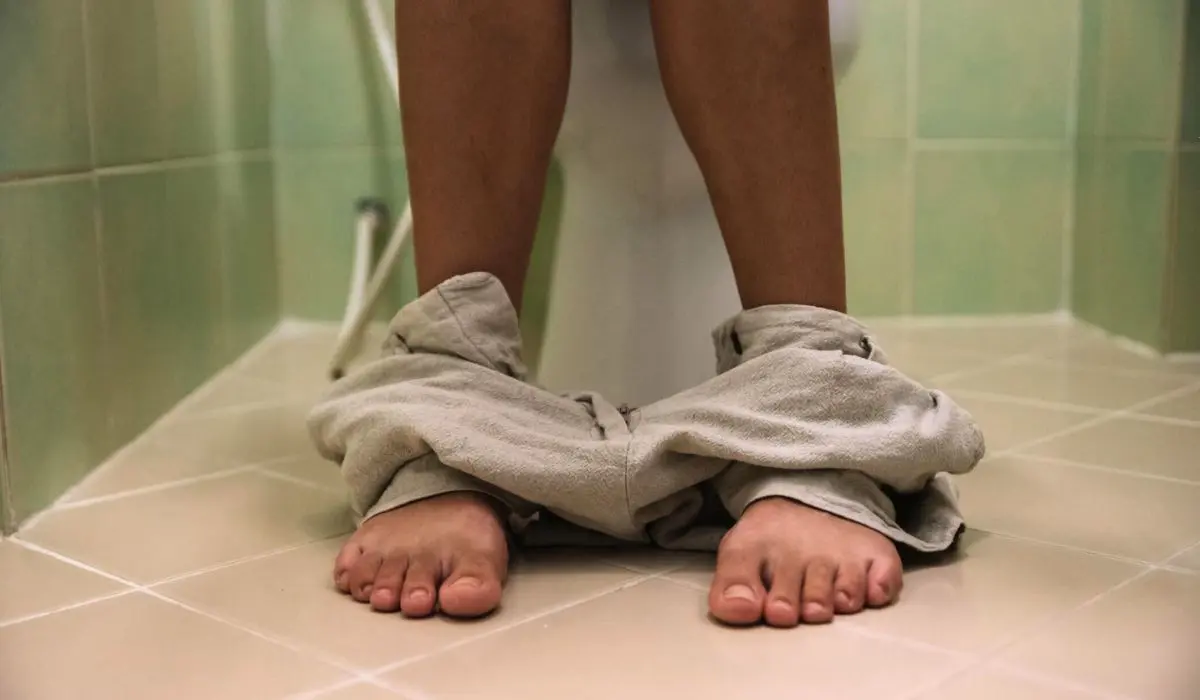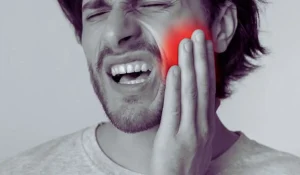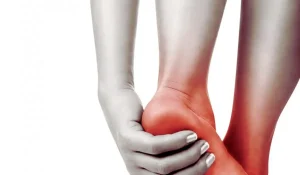Seeing black specks or flecks in your stool can be an unsettling and worrying experience. Is it a sign of a serious underlying condition? Should you be rushing to the doctor’s office? The truth is, black specks in stool have a wide variety of potential causes – some more concerning than others.
In this comprehensive guide, we’ll explore the common reasons behind this perplexing digestive symptom, when you should be looking to seek medical attention, and what treatments may be available to address the issue.
Whether you’re concerned about your bowel habits or a loved one’s, understanding what black specks in stool could indicate is the first step to getting the appropriate care and finding relief. By the end of this article, you’ll have a better grasp on this common gastrointestinal concern and know when it’s time to have a conversation with your doctor.
Causes Of Black Specks In Stool
There are several potential explanations for why you might be seeing black specks or flecks in your stool as an adult. Let’s take a look at some of the most common culprits:

✅ Diet
One of the most benign causes of black specks in stool is your diet. Certain foods that are high in pigments or difficult to digest can leave behind dark-colored residue in your bowel movements. Some dietary causes include:
- Berries like blueberries, blackberries, and plums
- Black beans
- Licorice
✅ Foods With artificial food coloring
These types of dark-colored, fibrous, or dye-containing foods can sometimes pass through the digestive system relatively intact, resulting in those black speckles you see in the toilet. This is usually not a cause for concern, though it could be a sign you need to work on getting more fiber and vegetables in your diet.
✅ Medication
Some medications can also lead to black stools, including iron supplements and certain gastrointestinal drugs that contain bismuth (like Pepto-Bismol). The bismuth in these medications can react with sulfur in your body to temporarily turn the stool a darker shade. This effect is generally harmless and will go away once you stop taking the medication.
✅ Internal Bleeding
More worrying is the possibility that the black specks in your stool are actually digested blood. This could be a sign of internal bleeding somewhere in your gastrointestinal tract, such as:
✅ Stomach Ulcers
Inflammatory bowel diseases like Crohn’s or ulcerative colitis, colon polyps, or colorectal cancer.
The higher up in the digestive system the bleeding occurs, the darker the blood will appear in the stool. Along with the black, tarry stools, you may also experience symptoms like abdominal pain, vomiting, rapid heart rate, and fatigue. This type of bleeding requires prompt medical attention.
✅ Liver Problems
Issues with the liver can also manifest as black specks or streaks in the stool. Liver diseases like cirrhosis can cause a backup of bile, leading to pale, clay-colored stools. But severe liver problems may also trigger bleeding in the digestive tract, resulting in that dark, almost tar-like appearance.
Other potential signs of liver disease include jaundice (yellowing of the skin and eyes), persistent fatigue, and unexplained weight loss. If you notice black specks along with any of these symptoms, it’s important to see a doctor right away.
What Are The Treatments For Black Specks In Stool?
The treatment for black specks in stool will depend entirely on the underlying cause. In many cases, the issue may resolve on its own once the offending food or medication is eliminated from the diet. However, if the black specks are being caused by internal bleeding or a liver condition, more intensive medical treatment will be required.
Some of the potential treatments include:
- Dietary changes to avoid problematic foods
- Stopping any medications that may be causing the discoloration
- Medications to treat ulcers, inflammatory bowel disease, or other gastrointestinal conditions
- Procedures to stop internal bleeding, such as endoscopy or surgery
- Treatment for underlying liver disease, which could involve medications, lifestyle changes, or in severe cases, a liver transplant
It’s important to work closely with your doctor to determine the root cause and get the appropriate treatment. Trying to self-diagnose and treat the issue without medical guidance could end up doing more harm than good.
When Should You See a Doctor?
So when exactly should you be concerned about the black specks in stool and make an appointment with your physician?
Here are some general guidelines:
- If the black specks persist for more than 2-3 days and you can’t attribute them to your diet
- If you’re also experiencing symptoms like abdominal pain, vomiting, diarrhea, or unexplained weight loss
- If you have a history of gastrointestinal or liver problems
- If the black stools are accompanied by signs of internal bleeding, like dizziness, rapid heartbeat, or fatigue
It’s important to keep in mind that the appearance of your stool can be affected by a wide variety of factors, many of which are not necessarily cause for alarm. But when black specks linger or come coupled with other worrying digestive symptoms, it’s always better to err on the side of caution and consult your doctor.
Your healthcare provider can examine you, take a medical history, and potentially order tests like blood work or imaging scans to pinpoint the underlying issue. From there, they can recommend the appropriate treatment plan to address the problem and get your digestive system back on track.
Newborns and infants require special consideration as well. Let’s take a closer look at the black specks in baby stool.
Black Specks In Babies’ Stool
In newborns, it’s very common for the first few bowel movements to appear black, tarry, and sticky. This is known as meconium, and it’s made up of all the materials the baby ingested while in the womb.
As the baby’s digestive system starts working and they begin taking in breast milk or formula, the stool will gradually transition to a lighter, more typical baby poop color and consistency, usually within the first week of life.
However, if a baby older than a week is experiencing black specks or streaks in their stool, it may be a sign of a more serious issue, such as:
- Internal bleeding
- Intestinal blockages
- Severe infections
Any concerning changes in a baby’s stool, especially if accompanied by fever, vomiting, or signs of distress, should be reported to the pediatrician right away. Babies have a more delicate digestive system and can become dehydrated or ill much faster than adults. Prompt medical attention is crucial.
Conclusion
Black specks in stool can be an unsettling and sometimes puzzling symptom, but it’s important to remember that it has a wide range of potential causes – some much more serious than others. While it’s understandable to feel worried when you spot those unwelcome dark flecks in the toilet, try not to panic or jump to the worst-case scenario.
The key is to pay close attention to any changes in your (or your loved one’s) bowel habits and see a doctor if the issue persists or is accompanied by other troubling symptoms.
With proper diagnosis and the right treatment, most cases of black specks can be resolved relatively easily. But don’t try to self-diagnose or self-treat this issue – reaching out to your healthcare provider is the best way to get to the root of the problem and restore your digestive health.
Your doctor can run the necessary tests, rule out any serious underlying conditions, and recommend an appropriate treatment plan, whether that involves dietary changes, medication, or addressing a more complex gastrointestinal issue. By taking proactive steps to address black specks in your stool, you’ll be on your way to better digestive wellness and peace of mind.
So if you’ve noticed those unexpected black flecks showing up in the toilet, don’t panic – but do make an appointment to get it checked out. Your digestive system, and your overall health, will thank you.







